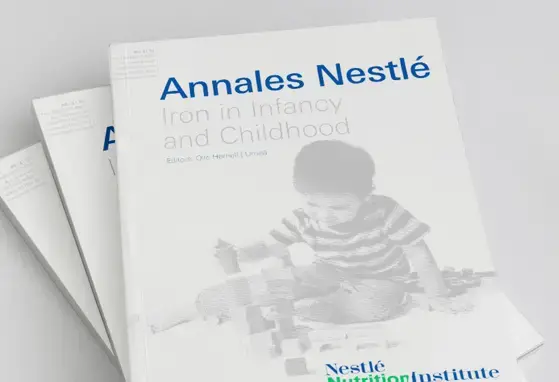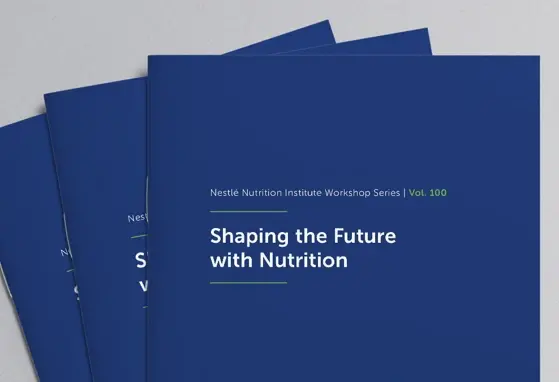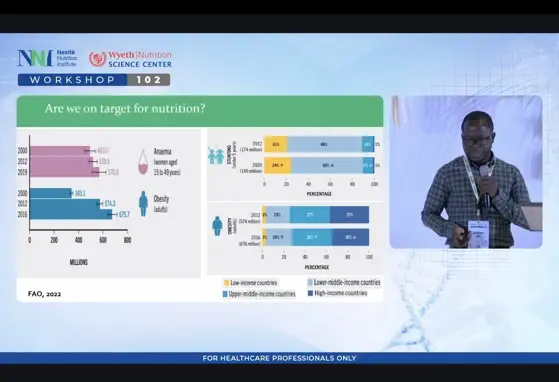Breastfeeding saves mothers' lives too, study shows
Breastfeeding is not only good for children, but also for their mothers, providing more health benefits and preventing more maternal diseases than previously known, new research shows.
Breastfeeding as recommended - for a total of one year and exclusively for six months - could protect babies and their moms from premature death and serious diseases and save the U.S. more than $4.3 billion in health care and related costs, according to a new study published online in Maternal & Child Nutrition.
The study results underscore the importance of policies that make it possible for women to breastfeed, according to study senior author Dr. Alison Stuebe, distinguished scholar of infant and young child feeding at the Carolina Global Breastfeeding Institute and associate professor of obstetrics at the University of North Carolina at Chapel Hill. "Currently, 22 percent of employed mothers return to work within 10 days of birth," Dr. Stuebe said. "Paid leave keeps mothers and babies together, which is essential for breastfeeding.
Enacting paid family leave will impact the lifelong health of women and children." Study authors said their findings underscore the importance of providing women with the support they need to breastfeed their babies, beginning at birth. "Breastfeeding is far more beneficial in preventing disease and reducing costs than previously estimated," said lead author Dr. Melissa Bartick, assistant professor of medicine at Harvard Medical School and the Cambridge Health Alliance.
"The results should compel all hospitals to develop programs aimed at helping new moms learn to breastfeed their babies." For the study, the research team modeled two groups. One was an "optimal" group, in which the majority of moms breastfed as recommended. That group was compared with a "suboptimal" group, in which moms breastfed at current rates in the US, which are less than the recommended guidelines. Using existing research and government data, they projected the rates and costs of diseases that breastfeeding is known to reduce, along with the rates and costs of early deaths from those diseases.
Children's diseases included in the evaluation were acute lymphoblastic leukemia, ear infections, Crohn's disease, ulcerative colitis, gastrointestinal infections, lower respiratory tract infections, obesity, necrotizing enterocolitis and SIDS. For mothers, the study included breast cancer, pre-menopausal ovarian cancer, diabetes, hypertension and heart attacks. The researchers found that suboptimal breastfeeding was associated with more than 3,340 premature deaths in the U.S. each year, costing the nation $3 billion in medical costs, $1.3 billion in indirect costs and $14.2 billion in costs related to premature deaths.
The majority of the excess death and medical costs -- nearly 80 percent -- were maternal. "Breastfeeding has long been framed as a child health issue, however it is clearly a women's health issue as well," said study co-author Dr. Eleanor Bimla Schwarz, professor of medicine at UC Davis Health System. "Breastfeeding helps prevent cancer, diabetes and heart disease, yet many women have no idea breastfeeding has any of these benefits."
Journal Reference: Melissa C. Bartick, Eleanor Bimla Schwarz, Brittany D. Green, Briana J. Jegier, Arnold G. Reinhold, Tarah T. Colaizy, Debra L. Bogen, Andrew J. Schaefer, Alison M. Stuebe. Suboptimal breastfeeding in the United States: Maternal and pediatric health outcomes and costs. Maternal & Child Nutrition, 2016
Links : https://www.sciencedaily.com/releases/2016/09/160928140511.htm
If you liked this post you may also like

Complementary Feeding: Building the Foundation for Lifelong Health

Biological and Experiential Factors That Impact the Acceptance of Complementary Foods


Food, planet and health: A complex equation to solve